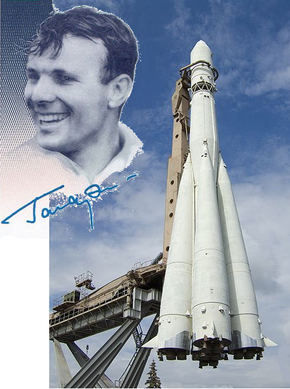“Punting the Pundits” is an Open Thread. It is a selection of editorials and opinions from around the news medium and the internet blogs. The intent is to provide a forum for your reactions and opinions, not just to the opinions presented, but to what ever you find important.
Thanks to ek hornbeck, click on the link and you can access all the past “Punting the Pundits”.
Follow us on Twitter @StarsHollowGzt
Paul Krugman: It Takes a Party
So Hillary Clinton is officially running, to nobody’s surprise. And you know what’s coming: endless attempts to psychoanalyze the candidate, endless attempts to read significance into what she says or doesn’t say about President Obama, endless thumb-sucking about her “positioning” on this or that issue.
Please pay no attention. Personality-based political analysis is always a dubious venture – in my experience, pundits are terrible judges of character. Those old enough to remember the 2000 election may also remember how we were assured that George W. Bush was a nice, affable fellow who would pursue moderate, bipartisan policies.
In any case, there has never been a time in American history when the alleged personal traits of candidates mattered less. As we head into 2016, each party is quite unified on major policy issues – and these unified positions are very far from each other. The huge, substantive gulf between the parties will be reflected in the policy positions of whomever they nominate, and will almost surely be reflected in the actual policies adopted by whoever wins.
New York Times Editorial Board: 152 Innocents, Marked for Death
However much Americans may disagree about the morality of capital punishment, no one wants to see an innocent person executed.
And yet, far too often, people end up on death row after being convicted of horrific crimes they did not commit. The lucky ones are exonerated while they are still alive – a macabre club that has grown to include 152 members since 1973.
The rest remain locked up for life in closet-size cells. Some die there of natural causes; in at least two documented cases, inmates who were almost certainly innocent were put to death.
How many more innocent people have met the same fate, or are awaiting it? That may never be known. But over the past 42 years, someone on death row has been exonerated, on average, every three months. According to one study, at least 4 percent of all death-row inmates in the United States have been wrongfully convicted. That is far more than often enough to conclude that the death penalty – besides being cruel, immoral, and ineffective at reducing crime – is so riddled with error that no civilized nation should tolerate its use.

 On this day in 1742,
On this day in 1742, 
 On this day in 1961, aboard the spacecraft Vostok 1, Soviet cosmonaut
On this day in 1961, aboard the spacecraft Vostok 1, Soviet cosmonaut
Recent Comments